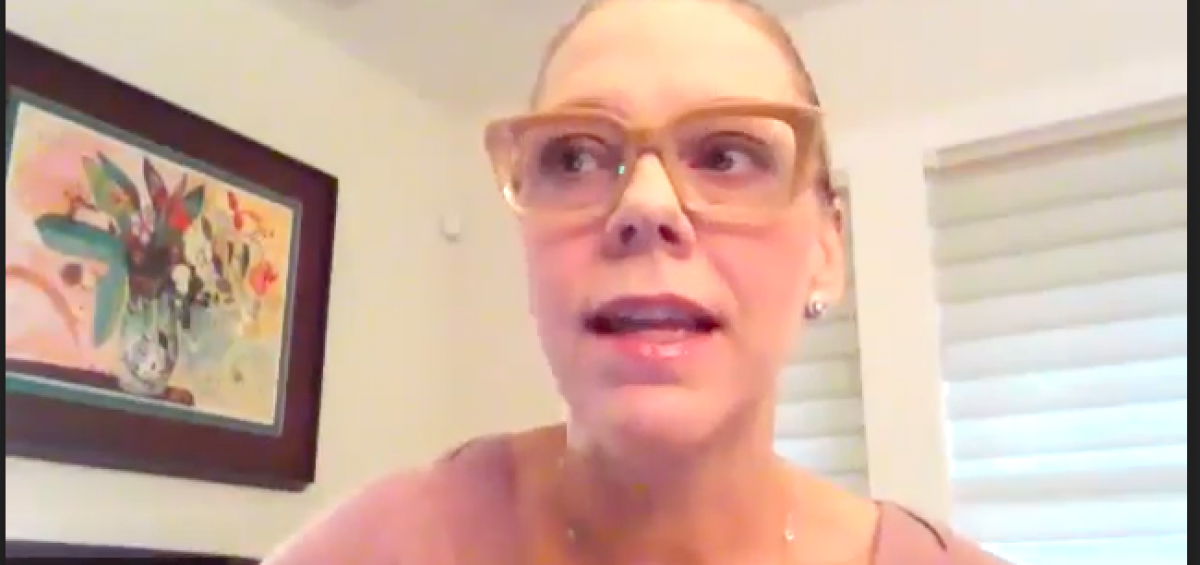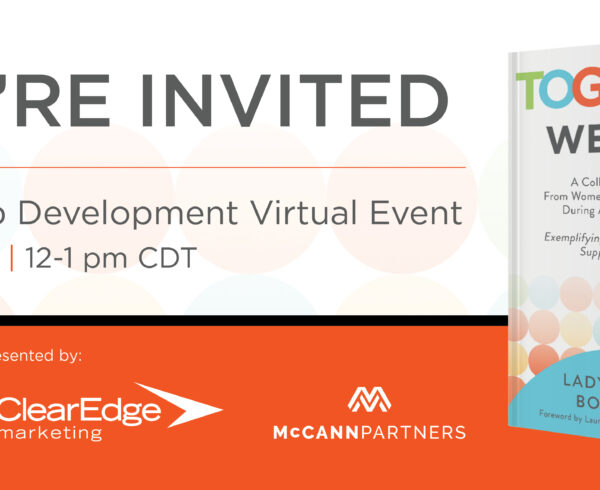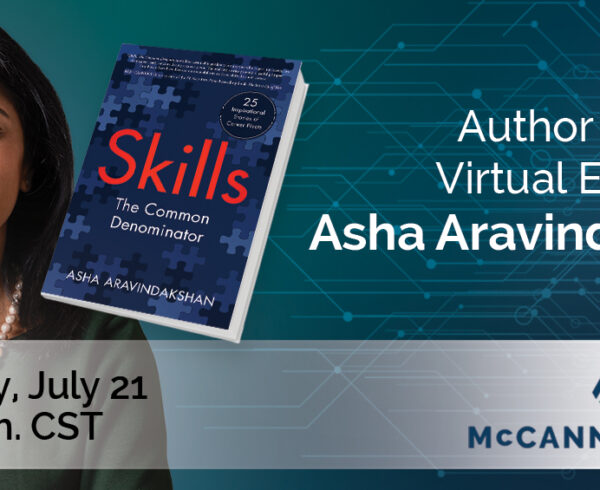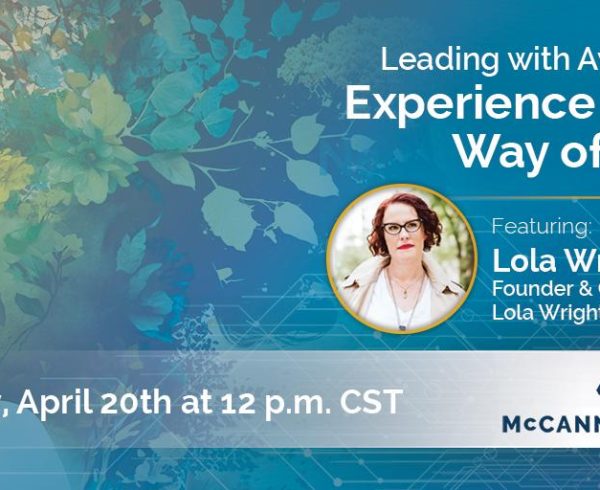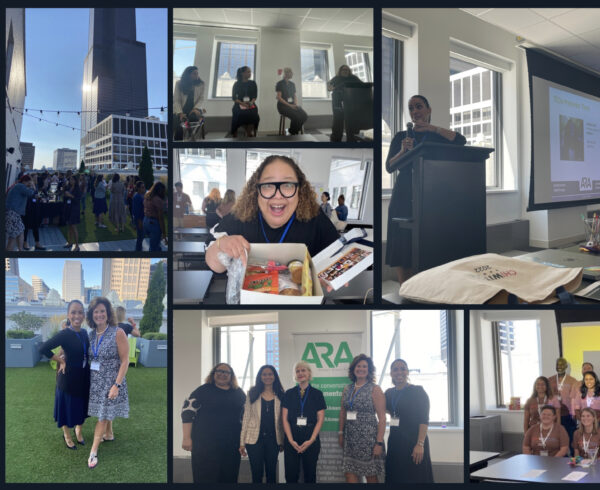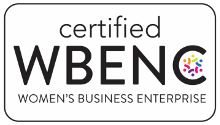Leave it to the amazing team at 1871 to bring a wholly new spin to an all-too-familiar career topic: mentoring. Earlier this month, I had the pleasure of joining the “Making Mentorship Meaningful” panel at 1871’s online Career360 Summit alongside Kellie Fitzgerald of Google; Corey Flournoy of Groupon; and moderator Bill Watkins of Pinterest. As someone who co-founded a mentoring organization— ARA—mentoring is a professional sweet spot that could not be nearer or dearer to my heart. Nevertheless, I walked away from our discussion with several brand-new insights.
We deconstructed some of the old ideas and language of mentoring to create space for allyship and authenticity. We examined the danger of being me-centric as a mentor or mentee. The ideas and stories flowed quickly, and I have summarized just a handful of them in the hopes of providing you with creative, effective ways to approach future mentorship or mentee-ship opportunities. With gratitude and lots of credit to my brilliant fellow panelists, I give you five lessons in how to make mentorship more meaningful.
#1 Mentoring Is Not Just a Career Tool. It’s a Social Impact Tool.
Kellie Fitzgerald, who leads an ad sales team for Google, introduced the idea that while mentorship has tons of excellent career development benefits (such as sharpening skills and learning from someone who has achieved something you are aiming for), it’s also a tool that can help people expand their social impact reach: “If you identify a problem that you want to solve either inside your organization or inside your community, sometimes you need mentors who have done that or accomplished that or have a network that is different than your own. You seek those folks out so you can progress things forward.” It was a reminder that mentors and mentoring can play a role in many areas of our lives.
#2 Mentoring Is Rarely Just Top Down.
The panel also discussed that the traditional format of top-down mentoring (a senior executive mentoring a junior team member) is only one of the many flavors and forms of mentorship today. I shared how ARA has helped pair several C-level executives over the last decade with younger millennial staff members in order to gain insight into how a different generation thinks and works. They wanted millennial mentors who could help them better lead their teams.
We have also seen cross-functional and cross-industry peer mentorships. Group mentorships. Team mentorships. Mentorship, as long there is a lasting commitment to worthwhile knowledge-sharing and guidance, can take many forms.
#3 Allyship Is Next-level Mentorship
Corey Flournoy, who is the Global Head of Inclusion and Diversity at Groupon, spoke to the audience about one of the critical ingredients that can be missing in many mentorship or sponsorships arrangements: the relationship. Allyship, as Flournoy explained, is going beyond the surface level to take the relationship to the next level: “You should get to know people beyond the surface. You need to know something about the individual because you need to develop a relationship of trust and depth. You can’t help when you know more about someone showing up for them differently. There is a greater level of concern.”
Cory reminded the audience that you can be a mentor without caring about person and that’s the difference with allyship: “As an ally, you need to be willing to be the voice of that person when they are not in the room. As an ally you speak up. You do more than just talk as an ally. Your actions and financial commitment have to be there.”
How do you know if you are a mentor who is also an ally? Corey’s advice is to answer these questions: Are you showing up for them? Are you bringing other people to show up for them? Are you speaking up for them? And, in some cases, are you advocating for a financial commitment for them (promotions, bonuses, training, opportunities)?
#4 Mentorship Has No Expiration Date
When one attendee asked about reaching out to former mentors or contacts as they seek new employment, the panel was unanimous: Don’t hesitate and don’t be afraid to follow up if they don’t respond right away. Nine out of 10 times, replying to an unexpected message simply falls to the bottom of long to-do lists in these highly stressful and complicated times. Most mentors, sponsors and, especially, allies want to hear from you and support you. As I love to say, “don’t deny them a chance to say yes” to mentoring and helping you again.
#5 Conduct Me-Bias Audits from Time to Time
Kellie and Corey reminded the audience of the importance of every once and awhile evaluating your mentors and mentees: “Make sure you are not falling prey to me bias,” Kellie explained, which means gravitating toward people whom you see yourself in. When that happens, we miss the opportunity to support, learn from and build relationships with people who are different from ourselves.
Kellie and Corey advised everyone to have the extra discipline to audit the people they are investing time in as either mentors or mentees. Corey spoke to the idea of taking a moment to examine the five people who you are closest to and how their perspectives are shaping your growth. “Do that audit every once in a while, and make sure you are looking at diverse perspectives and experiences in both who you mentor and who’s mentoring you,” said Kelly.
Thank you again to the tremendous talent on this panel and to Bill for keeping the conversation thoughtful and valuable.

